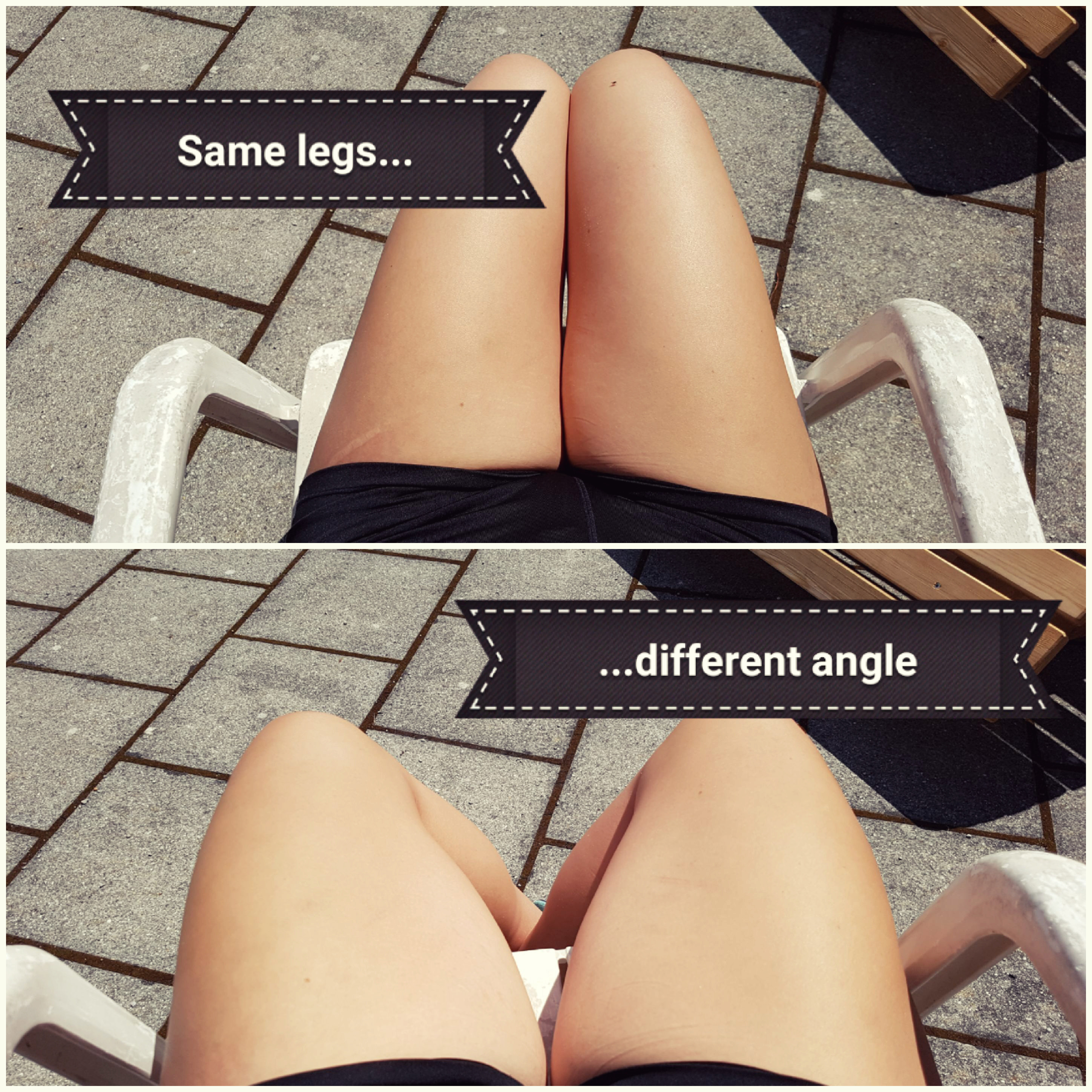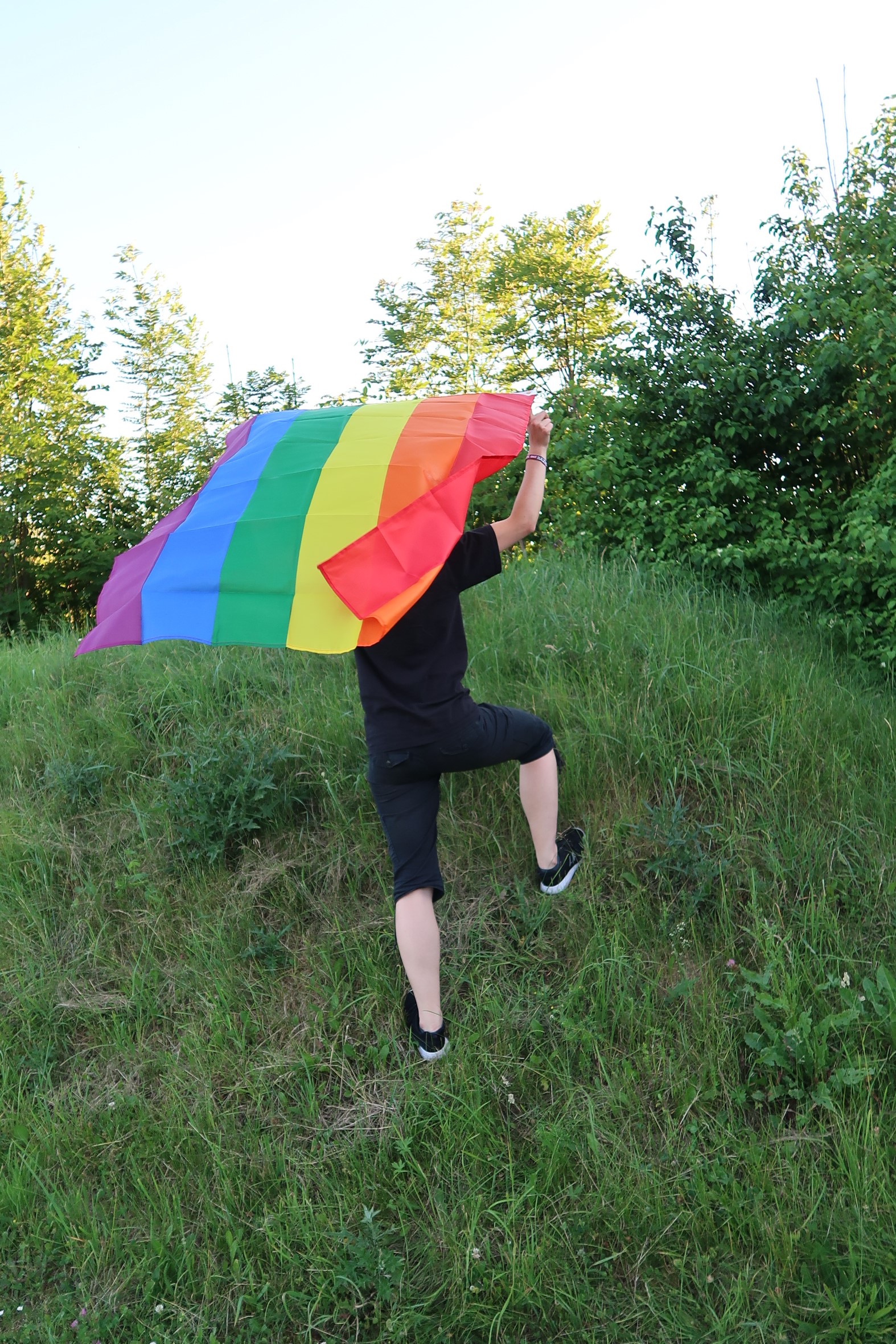I always had the feeling that social media were dominated by young women with a skinny frame and flawless bodies, thus setting the standards for “beauty”. But when scrolling through Instagram lately, I see more and more photos of overweight women proudly showing their curves and flab. They smile into the camera without any shame. And also pictures, in which models reveal the magic of photoshop, flexing and perfect lighting, fill up social media. “Where do they get their confidence from?” I asked myself. Then my eye hit the…
…#bodypositivity
Body positivity is a movement used to show self-empowerment. It’s a way to liberate people from the social stigma of what a body should look like. It’s all wrapped up with the idea that even if your body doesn’t comply with what society deems to be beautiful, it isn’t necessarily something that needs to be fixed. Over the last few years, more and more people have become part of the movement. It promotes the idea that all bodies are beautiful, equal, deserves respect and that everyone should feel confident in their own body.

Reality
Unfortunately, not all bodies are treated in this way. Because of all the stigmas such as fat people being lazy, overweight people are hired and paid less on average. As a nation, we have to understand that not every body looks like perfectly-shaped fashion images. Not every woman is blessed with big breasts and no cellulitis. The social pressure to look the way society expects you to affects people of all sizes, but, in fact, many overweight people must deal with harmful comments on a daily basis.
Importance
Body positivity is often questioned by people who accuse the movement of simply glorifying obesity and sending people to an early grave. As a nation, we are overweight and this is a really huge issue. But making people feel miserable about themselves won’t work. And, fat shaming is extremely harmful and science has proven that it leads to weight gain. If you feel terrible every time you look in the mirror, you won’t be motivated to make a change. We need to accept our body before we can move in the right direction. For example, non-judgmental acceptance will allow people to make smart choices like adapting a healthy diet and exercising regularly. Shame on the other hand will just prevent them from fixing the problem and lead to irrational decisions such as crash diets. The sooner we accept the reality without adding extra negativity, the better we can deal with the situation.
Advice
For the people who have struggled with their figure for a long time, loving and accepting their body might seem like a Herculean task. One of the reasons is that our society and the media work against this acceptance by only showing flawless bodys, which isn’t an accurate representation of our society. And statements such as “real women have curves” and “strong is the new skinny”, only express how one body shape is superior to others. But by spreading the message that every body type is worthy of respect and by using models of all shaped and sizes, growing self-love would become easier. So, stop shaming others and show your body some love by accepting it with all its strengths and flaws!
Text & Pictures: Victoriy Fairley




